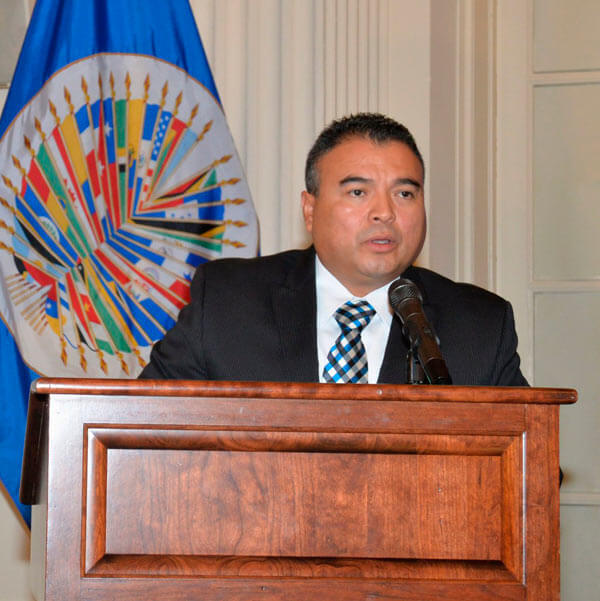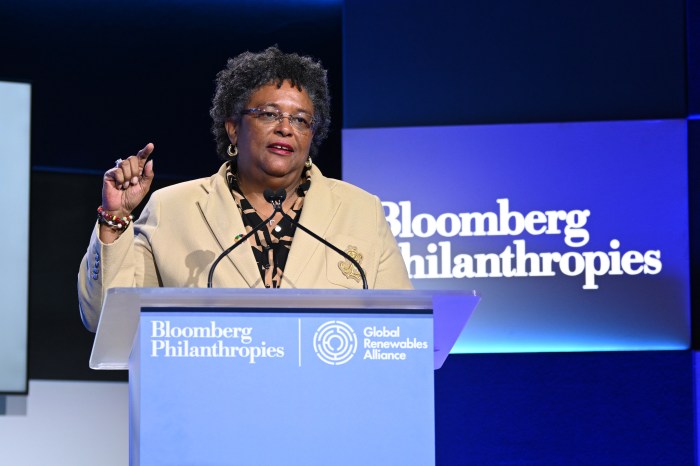The Electoral Experts Mission of the Organization of American States (OAS) to the general elections in Grenada on Wednesday published its preliminary report, in which it commends the people of Grenada on their continued commitment to democracy, as demonstrated in their “peaceful and enthusiastic participation” in Tuesday’s elections.
Led by OAS Assistant Secretary General Nestor Mendez, the Mission comprised six experts from five OAS member-states who visited 150 polling stations in the 14 constituencies on mainland Grenada on election day.
The Mission also observed the Special Police Vote on Friday, March 9, the OAS said.
In its preliminary report, the Mission congratulates the government on its new term in office and notes that this is the second consecutive election, and the third overall, that the opposition has not won a seat in the House.
The Mission explains that the November 2016 Referendum on Constitutional Reform included a proposal intended to address precisely these circumstances, by guaranteeing the appointment of a Leader of the Opposition, but the proposal was supported by only 29 percent of the persons who participated in the Referendum, according to the OAS.
It said the Mission highlights in its report the need to strengthen certain aspects of the registration process and suggests that authorities consider the introduction of political party and campaign finance regulations “in order to promote transparency and accountability in electoral processes in Grenada.”
The OAS said the Mission was “pleased to note that, due to the number of female candidates nominated by the winning party, preliminary results suggest that women will now comprise almost 50 percent of the House of Representatives.
“However, in order to achieve true parity in women’s political participation in Grenada, it recommends that authorities and other stakeholders consider introducing temporary legal measures, such as a gender quota,” the OAS said.
Following a thorough analysis, it said a detailed report on the Mission’s observations and recommendations will be presented to the OAS Permanent Council in Washington, D.C. It will also be shared with stakeholders in Grenada.

























